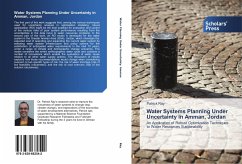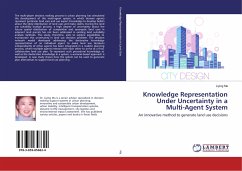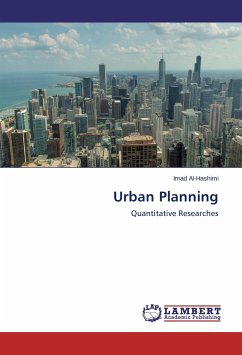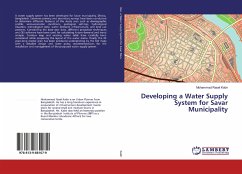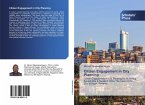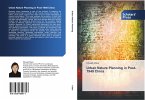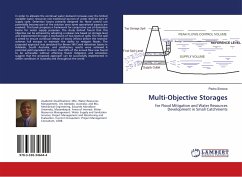The first part of this work suggests that, among the various techniques used for uncertainty analysis in optimization modeling, robust optimization (RO) might be the best qualified for evaluation and control of the various risks of poor system performance resulting from the uncertainties in the data input to water resources problems. In the second part of the work, an RO model is developed for the water system in the Greater Amman Area (GAA), Jordan, which minimizes the expected cost of operating and expanding the current water system by selecting water system infrastructure and policy options for the satisfaction of anticipated water requirements in the next 75 years, under a range of climate and demographic change scenarios. The model considers the entire anthropogenic water cycle and contains a number of innovations which enable the evaluation of water reuse relative to all other water supply options. The discussion of results explores how those recommendations would change when considering aversion to two specific types of risk: the risk of water shortage (risk of low feasibility robustness); and the risk of cost overruns (risk of low solution robustness).
Bitte wählen Sie Ihr Anliegen aus.
Rechnungen
Retourenschein anfordern
Bestellstatus
Storno

